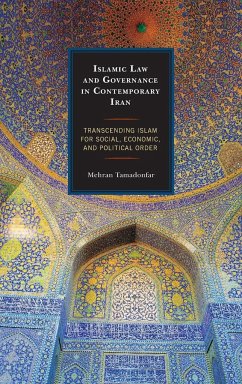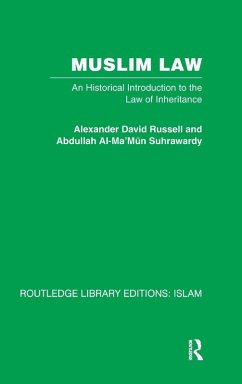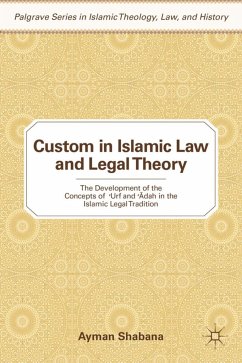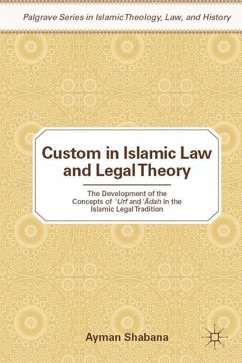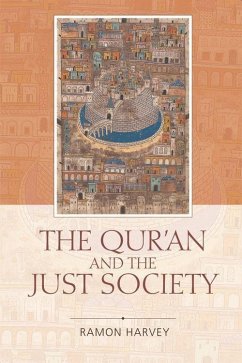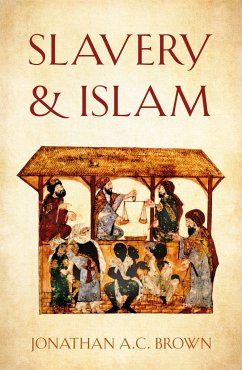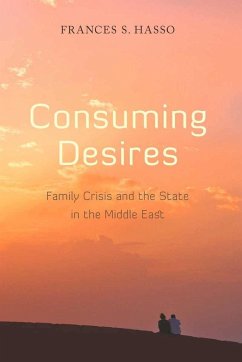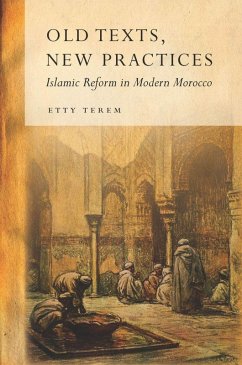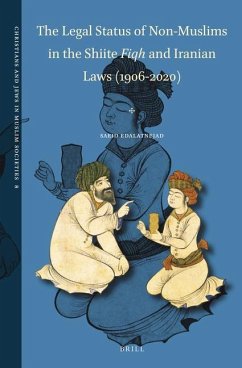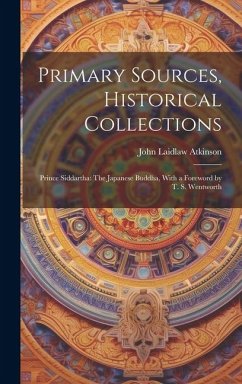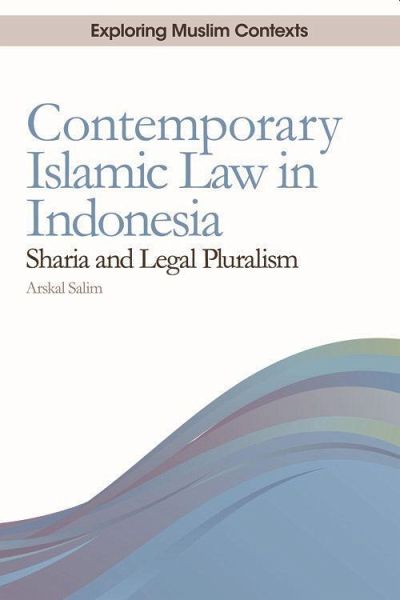
Contemporary Islamic Law in Indonesia
Sharia and Legal Pluralism
Versandkostenfrei!
Versandfertig in über 4 Wochen
137,99 €
inkl. MwSt.
Weitere Ausgaben:

PAYBACK Punkte
69 °P sammeln!
The first ethnographic account of legal disputes, practice and institutions in post-tsunami Aceh Indonesia has probably the fastest changing legal system in the Muslim world. This ethnographic account of legal pluralism in the post-conflict and disaster situation in Aceh addresses changes in both the national legal system and the regional legal structure in the province. Focusing on the encounter between diverse patterns of legal reasoning advocated by multiple actors and by different institutions (local, national and international; official and unofficial; judicial, political and social cultu...
The first ethnographic account of legal disputes, practice and institutions in post-tsunami Aceh Indonesia has probably the fastest changing legal system in the Muslim world. This ethnographic account of legal pluralism in the post-conflict and disaster situation in Aceh addresses changes in both the national legal system and the regional legal structure in the province. Focusing on the encounter between diverse patterns of legal reasoning advocated by multiple actors and by different institutions (local, national and international; official and unofficial; judicial, political and social cultural) it considers the vast array of issues arising in the wake of the December 2004 earthquake and tsunami in Aceh. It investigates disputes about rights to land and other forms of property, power relations, the conflict of rules, gender relationships, the right to make decisions, and prevailing norms. These disputes are presented on multiple levels and in various forums, either through negotiation or adjudication, regardless of whether they are settled or not. The cases involve various actors from villages, the courts, the provincial government and the legislature, the national Supreme Court and the central government of Indonesia. Key Features: - Covers legal disputes surrounding inheritance, marriage and divorce, legislation and law-making, land, non-Muslims and sharia, and religious courts - Includes compelling legal case studies from the post-disaster situation - Presents law as a site of contestation reflecting the unique set of conflicts arising after the 2004 tsunami Arskal Salim is Senior Lecturer in Religion, Law and Society at the University of Western Sydney, Australia. He is also affiliated with the Syarif Hidayatullah State Islamic University (UIN) Jakarta, Indonesia. He is the author of Challenging the Secular State: The Islamization of Law in Modern Indonesia (2008) and co-editor of Sharia and Politics in Modern Indonesia (2003).




